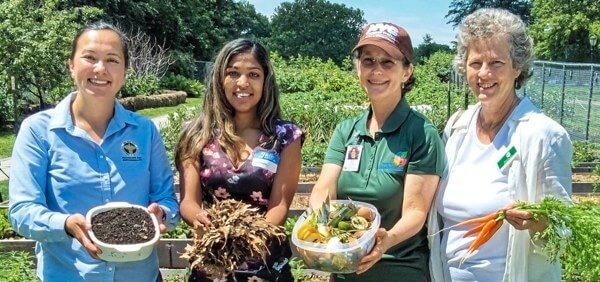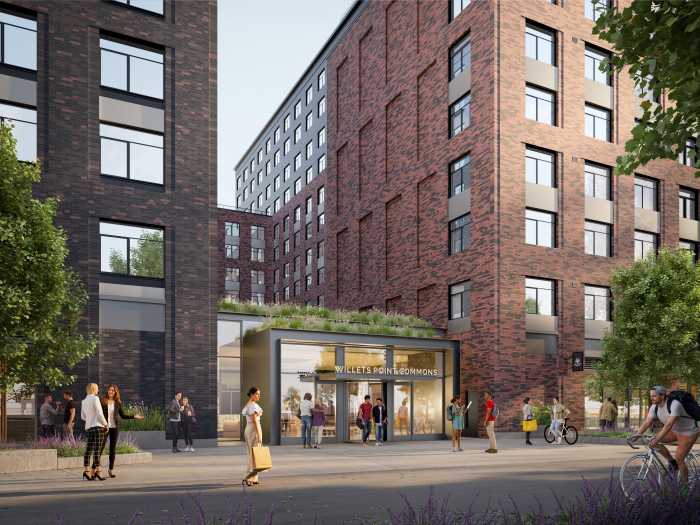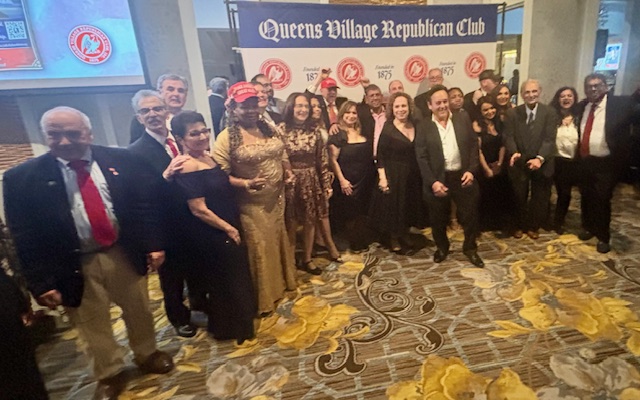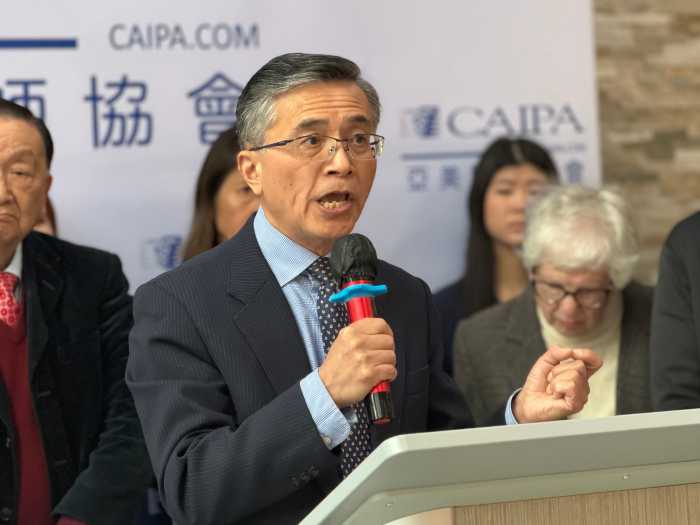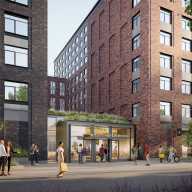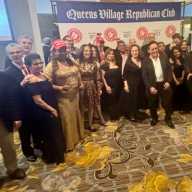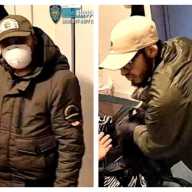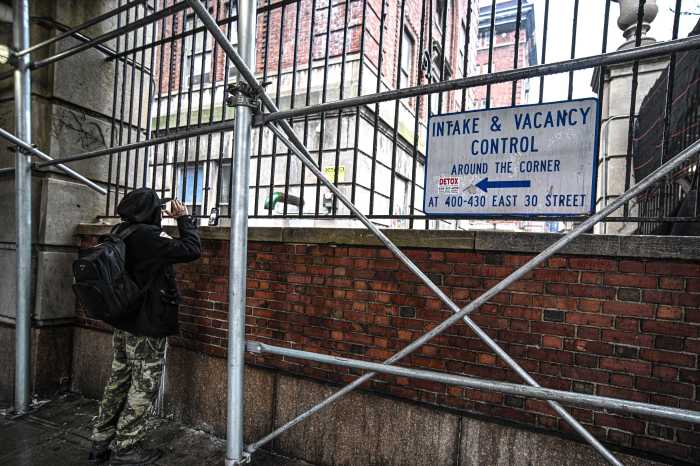By Carlotta Mohamed
On the first day of summer, the New York City Compost Project Hosted by Queens Botanical Garden launched the one-acre Farm and Compost Site, inviting the public to participate in the organics recovery process.
More than 50 people attended the June 21 event at Queens Botanical Garden, located at 43-50 Main St., Flushing. The Farm and Compost Site on the southwest section of the garden demonstrates how the food cycle is applied to agriculture, horticulture, and green infrastructure.
The New York City Compost Project helps to reduce waste in New York City and rebuild city soils by providing people with the knowledge, skills, and opportunities to produce and use compost locally, according to the Project Manager, Elsa Higby.
“Compost is a strategic and important part of recycling food scraps and anything that was once alive,” said Higby. “Compostables are food for composting bacteria, the resulting compost is food for plants and plants for food for people. Every living thing in the food web eats.”
The Farm and Compost Site, funded by the city Department of Sanitation and operated by the city Compost Project Hosted by Queens Botanical Garden, is a public space where “Zero Waste” meets the goals of “One NYC,” the plan to become the most resilient, equitable and sustainable city in the world. The objective of “Zero Waste” is for the city to contribute zilch to landfills by 2030.
“Our organics are too valuable to ship out,” said Susan Lacerte, QBG executive director. “On the QBG Farm, through this partnership with DSNY, people may see the whole cycle of plant to food, food to compost, compost back to soil and soil to more delicious, delectable vegetables, fruits, and herbs. We want to keep the ‘good dirt’ where we can use it!”
The development of the one-acre farm began in spring 2014, according to Higby. It is maintained by using soil amendments and compost. The city Compost Project does not apply synthetic herbicides, pesticides, or fertilizers.
Crops grown on the farm include heirloom tomatoes, beans, turnips, as well as a variety of kales, lettuces, peppers and radishes, according to the project. Vegetables grown on the farm are shared with interns, volunteers, used in on-site programming and donated to emergency food relief programs. The finished compost made at QBG is used on the garden grounds, community greening events in public spaces and distributed to community gardens and residents of Queens.
Elaina Harper of Ridgewood, who volunteers two days during the week, said she wanted to expand her knowledge of soil composting.
“I like seeing it go from nothing to something starting with an empty bed and then putting down the compost, then forking it and putting in the fertilizer, then laying the irrigation lines and putting the plant in,” said Harper. “Seeing the results of your work over the course of a couple of months is great.”
Marguerite Manila, senior manager, of Community Composting and Compost Distribution at DSNY, said the public can tour the site, ask questions, attend an event or workshop to continue to deepen their learning overtime about the organics recovery process.
Reach reporter Carlotta Mohamed by e-mail at cmoha

